By Dr. Pooyan Ghamari, Swiss Economist
Decentralized Autonomous Organizations (DAOs) are transforming traditional governance models by combining blockchain’s transparency with collective decision-making. Operating without a central authority, DAOs rely on smart contracts that manage key operations based on pre-set protocols. Members, through token-based voting, actively contribute to organizational decisions, redefining the traditional boundaries of organizational power and transparency.
How DAOs Work: Autonomy Through Code
In a DAO, decisions are governed by smart contracts—automated codes on the blockchain that execute specific tasks based on agreed conditions. These smart contracts eliminate the need for intermediaries, streamlining operations and empowering members to influence decisions directly. Token holders vote on issues, decide on resource allocation, and guide the organization’s direction. This open, distributed approach builds trust by providing all members access to a transparent ledger of each transaction and decision.
Benefits of DAOs: Transparent, Decentralized, and Inclusive
DAOs offer a compelling alternative to traditional governance structures. Here’s why:
- Transparency and Accountability: All DAO actions are recorded on a public ledger, fostering accountability and enabling all members to track decisions.
- Decentralized Control: DAOs distribute decision-making power across members, ensuring diverse input and mitigating the risks of centralized authority.
- Cost-Efficiency: By automating functions, DAOs reduce the need for extensive administrative resources, freeing up funds for other uses.
- Global Accessibility: DAOs provide opportunities for individuals around the world to participate, regardless of location or background.
Applications of DAOs Across Sectors
DAOs are proving useful in various industries, from finance to creative projects:
- Finance and DeFi: DAOs play a crucial role in DeFi, where token holders vote on critical aspects like asset listings and interest rates, ensuring that the community’s voice shapes financial services.
- Social Causes: DAOs support social initiatives by providing transparent fund allocation for causes, allowing contributors to monitor the impact of their donations.
- Creative Collaborations: Artists use DAOs to manage intellectual property rights, ensuring fair revenue distribution and strengthening relationships with fans.
Challenges to Overcome: Legal and Operational Hurdles
DAOs also face some critical challenges:
- Legal Framework: DAOs lack specific legal recognition, leading to regulatory uncertainties and compliance issues.
- Security Risks: Coding vulnerabilities in smart contracts can lead to exploitation, making regular audits essential but costly.
- Scalability: Reaching consensus in large DAOs can be time-consuming, requiring creative approaches to decision-making.
- Engagement: Active participation is crucial in DAOs, yet low engagement rates can hinder effective governance.
Future Potential of DAOs: The Rise of Decentralized Governance
DAOs have the potential to influence various sectors, from civic projects to corporate governance, offering a decentralized, transparent, and inclusive model. As legal frameworks evolve to accommodate DAOs, their appeal will only grow, setting a new standard for how organizations operate in a digital world.
For more insights and smart investment opportunities, visit the original article here from this link. You can also find out about the latest news on A Land new section. Also for the latest trends in gold investment and to begin your journey into purchasing precious metals, visit EE Gold official website.
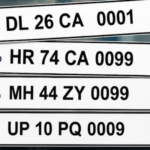


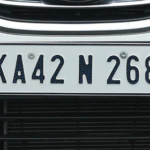




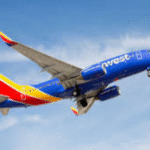

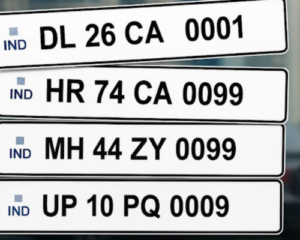


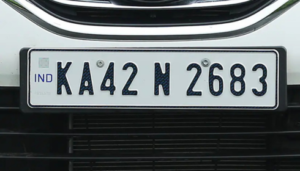
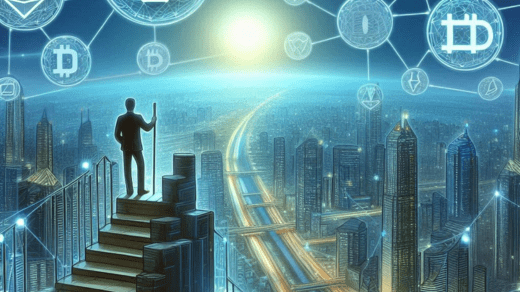



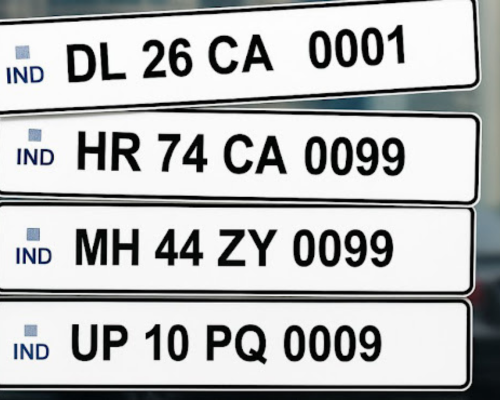




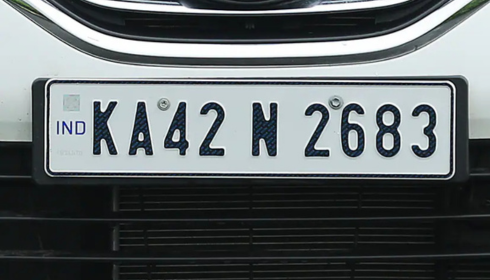




+ There are no comments
Add yours